|
Birding in June quickly died down locally, although the breakdown of the spring's dry conditions eventually happened in the opening week of the month, with the rain and heavy cloud producing some nice visitors, including two patch ticks for me. The month opened with a Common Quail singing for around five minutes in barley fields north of Wader Pit early on 1st, followed by a second-calendar-year Red Knot late evening on second. Then, early on 3rd, my first-ever BLGP Little Tern was an exciting arrival, although it was typically brief. Flushed by a Lesser Black-backed Gull, it flew around the pit calling for a few minutes before motoring off to the north-east. On 7th, another patch tick – a Spoonbill – flew through (after leaving Deeping Lakes around 15 minutes previously, thanks to Hugh Wright for the tip off!). The latter then settled at Baston Fen for a couple of days. Two different male Garganey made appearances during the first half of June, with one regularly spending the afternoons dozing on the east bank of Wader Pit. Things naturally quietened after 10th, although two Black Terns on 13th were a nice midsummer surprise. The first Green Sandpipers were already moving back through by the second half of the month, and a count of nine Common Sandpipers on 30th was amazing for June. With a major invasion of Rosy Starlings underway, especially early in the month when they were still arriving, I spent quite a lot of time cycling or driving around housing estates and other suburban settings during June. Lots of scenes like the below – but no pink prize, of course. With birding taking a back seat, attention switched to orchids and insects. I did plenty of moth trapping throughout June, with some decent catches enjoyed including Lime Hawk-moth and numerous Eyed Hawk-moths in the Langtoft garden, plus other entertaining beasts such as Leopard Moth, Small Ranunculus and various beautiful 'micros'. I found good numbers of Bee Orchids at BLGP this year, although unfortunately many were bulldozed by ongoing quarry workings before I had the chance to transplant them. I did manage to rescue a couple, though, and there were plenty more flowering safely some way away from the works. The dry spring had evidently restricted numbers at Swaddywell Pit, where they were both a bit weedy and few in number. A visit to Leicestershire on 6th found three Frog Orchids flowering at the only known site in the county, although they were inconspicuous and somewhat singed from the hot weather. A stop at a nearby site in south Lincolnshire produced a couple of Greater Butterfly Orchids in flower, although the strong winds had caused the largest to be rather floppy and limp towards the top. After such a glorious spring, June proved a bit of a poor month weather wise. Days were often cool, cloudy, windy or a concoction of all three. Nevertheless, there were some brighter days and I made the most of these to look for Purple Emperors at Castor Hanglands. They don't very co-operative here, rarely floating down to earth in the manner that so many seem to enjoy at established sites like Fermyn Wood, but with patience it was possible to enjoy nice flight views of battling males, and a female that briefly came down to head height. Earlier in the month, I had an overdue butterfly tick in the form of Black Hairstreak. I had intended to try them at a few local sites, but decent weather wasn't in particularly plentiful supply.
0 Comments
Leave a Reply. |
This pageThe musings of a wildlife enthusiast, usually armed with his camera. Archives
May 2024
|

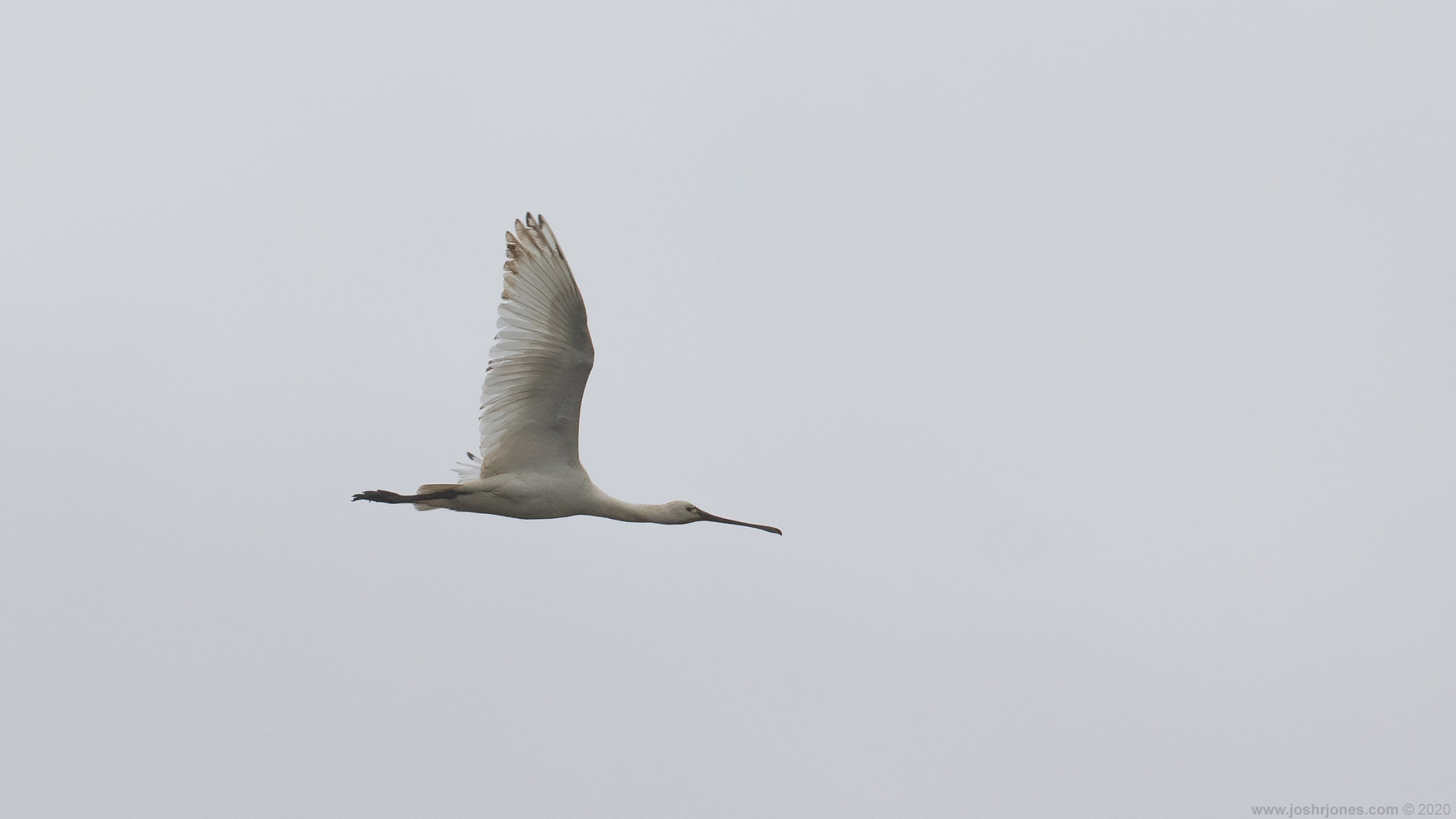
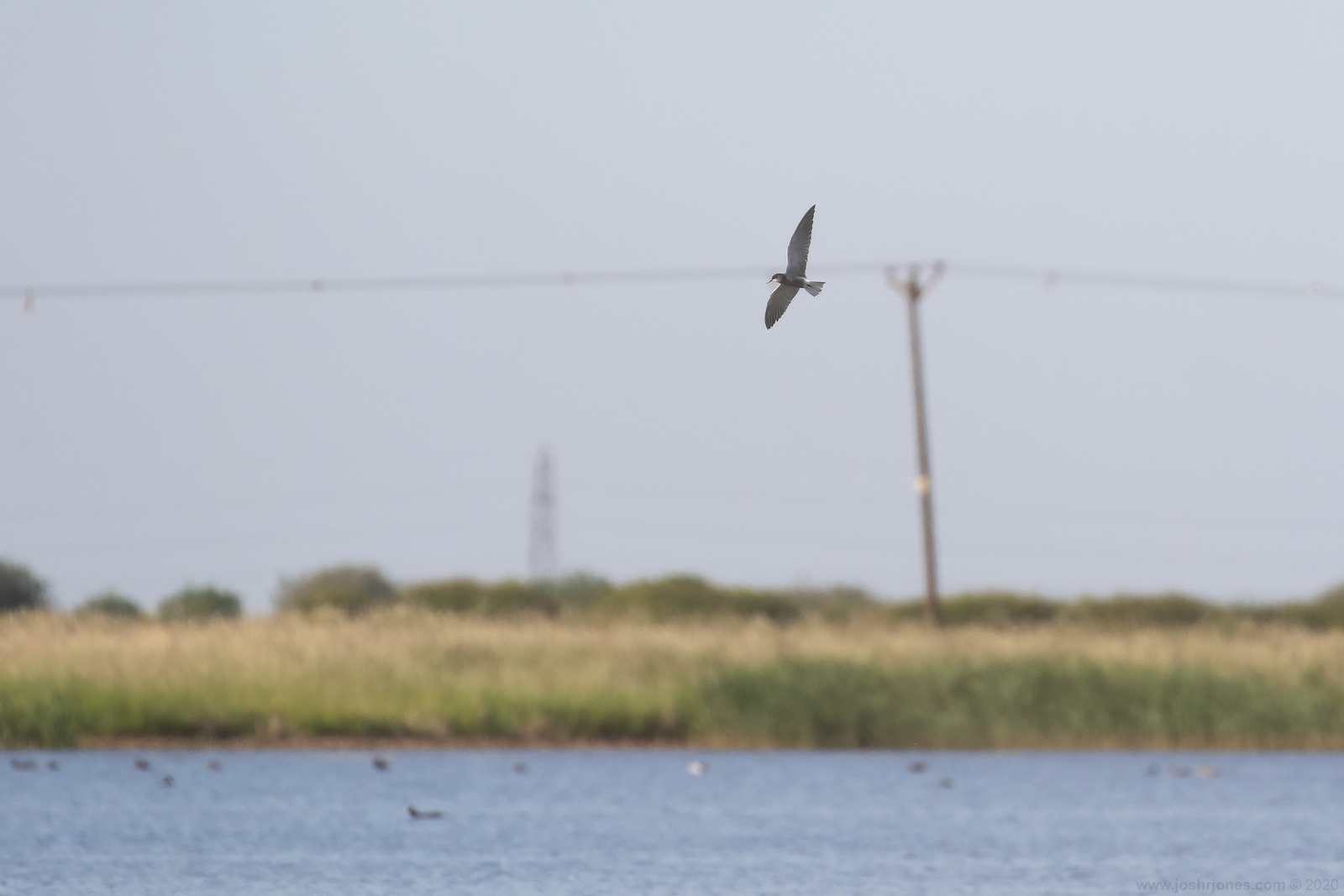
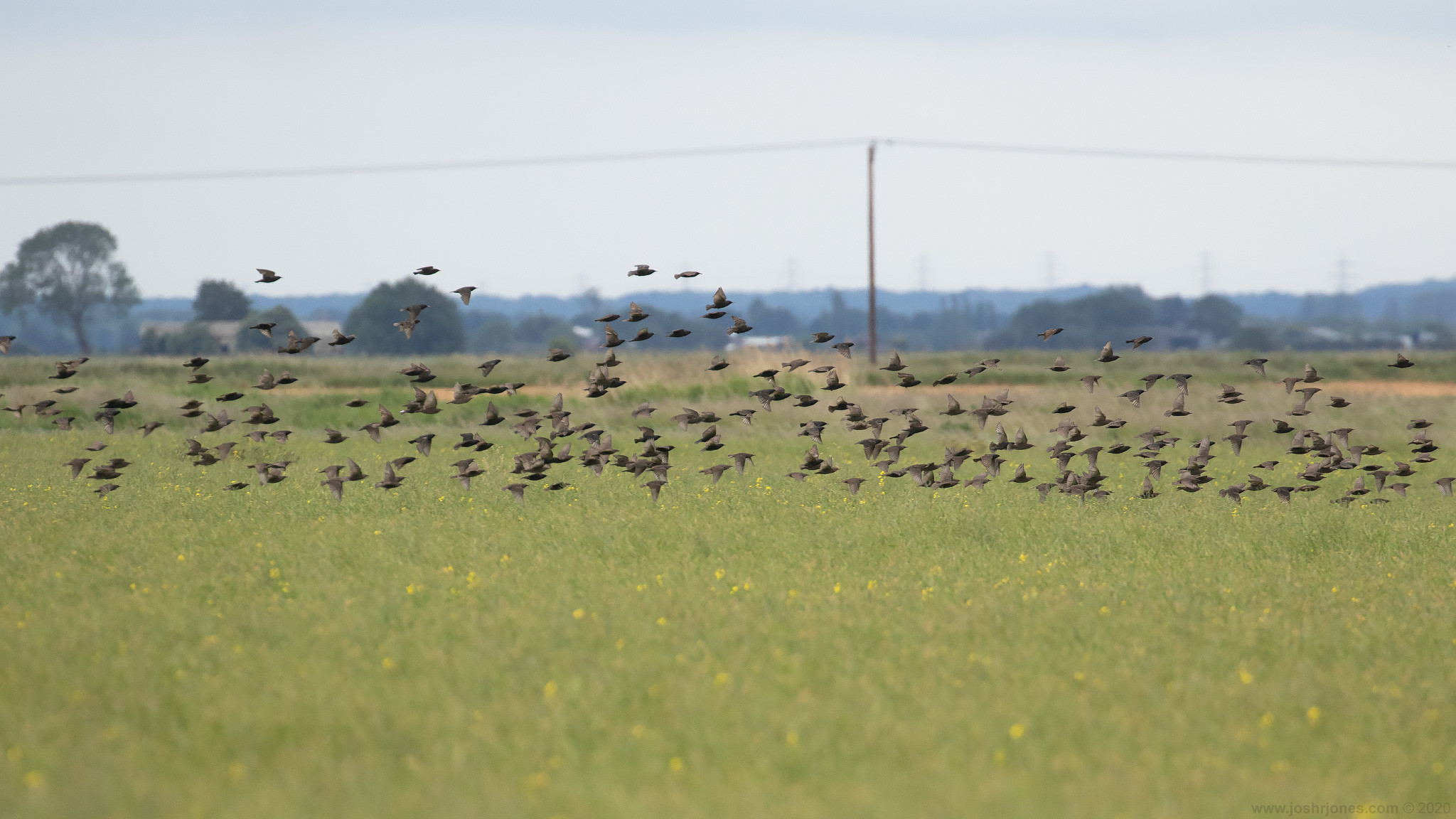
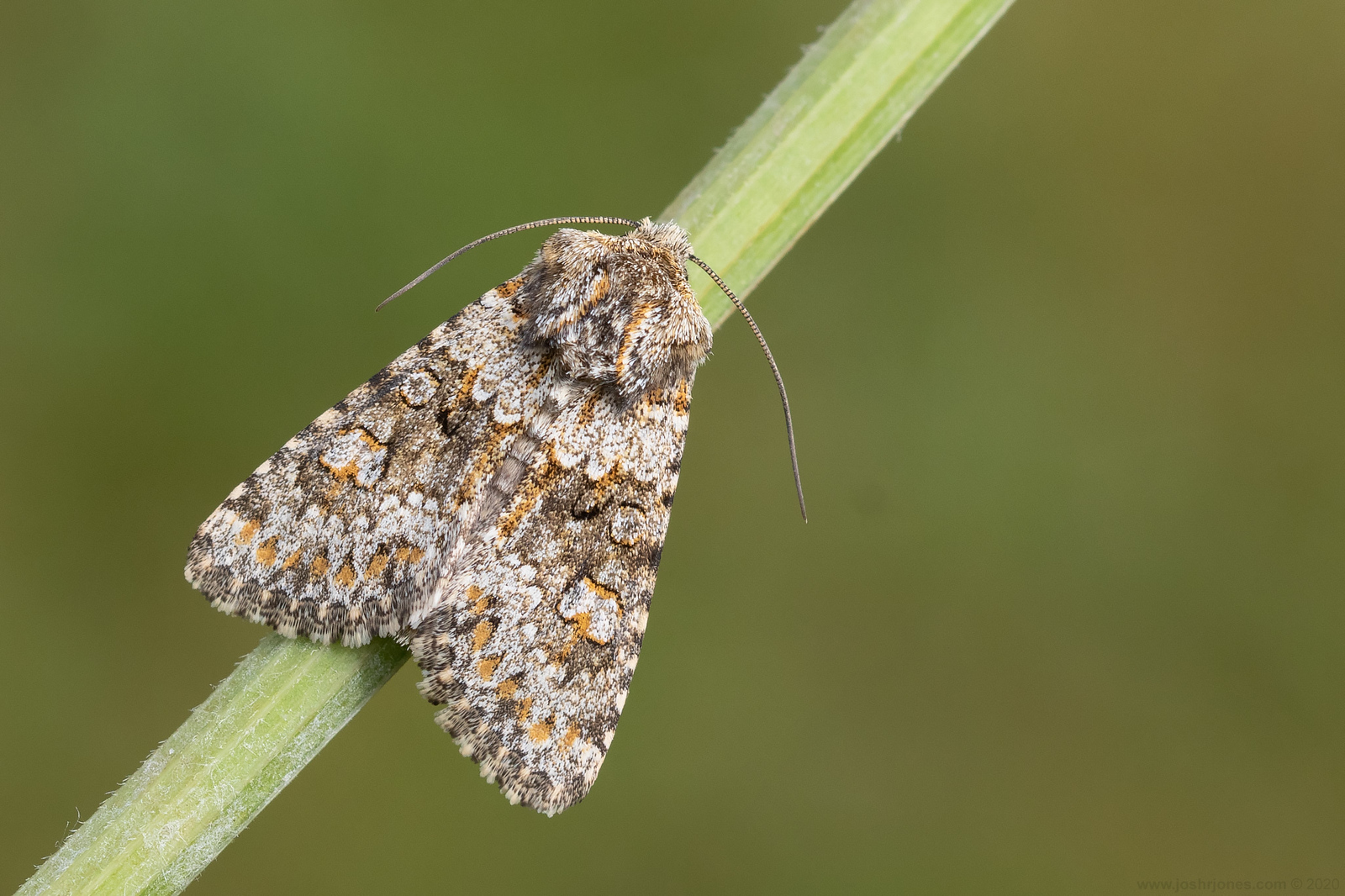
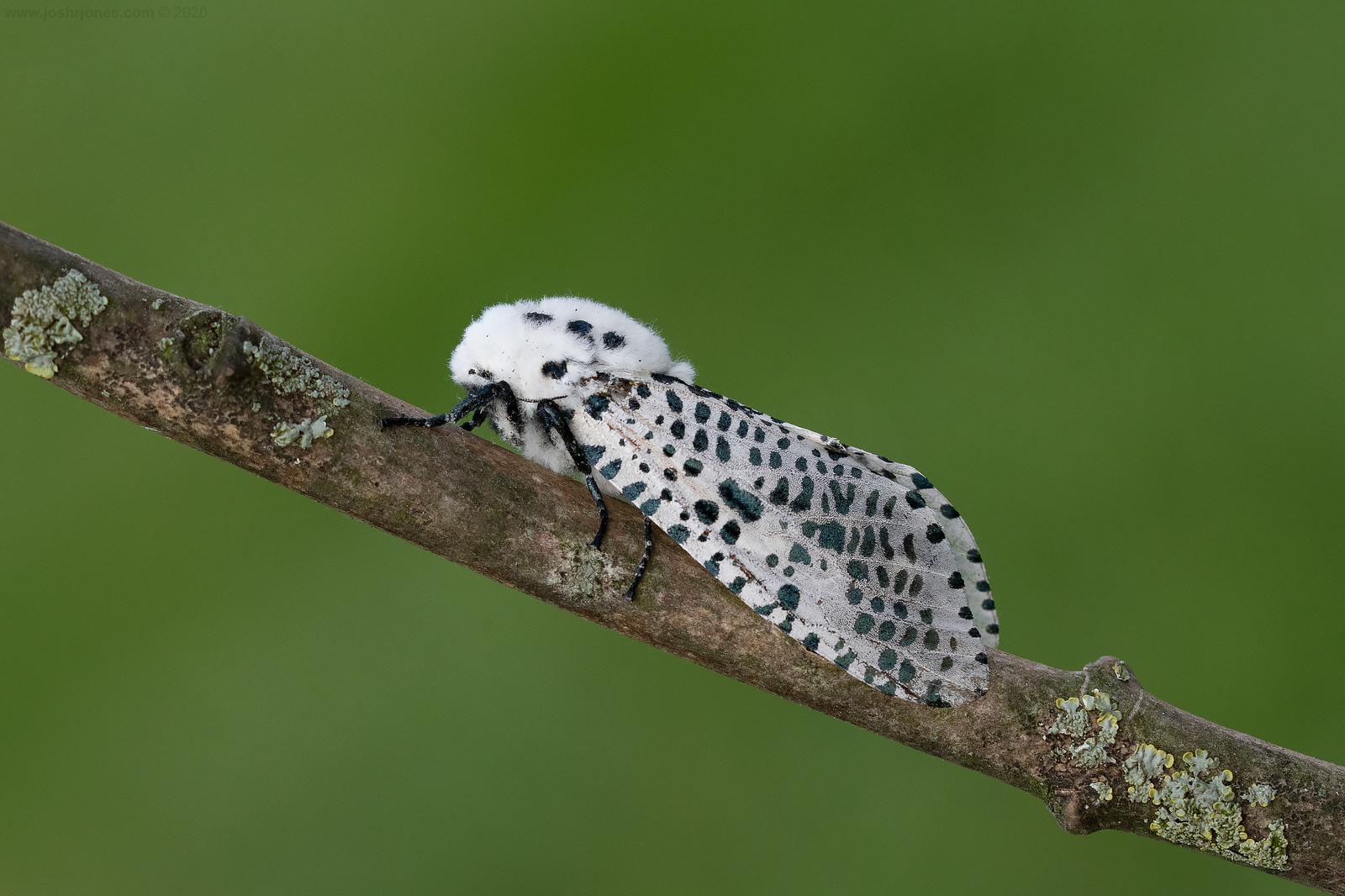
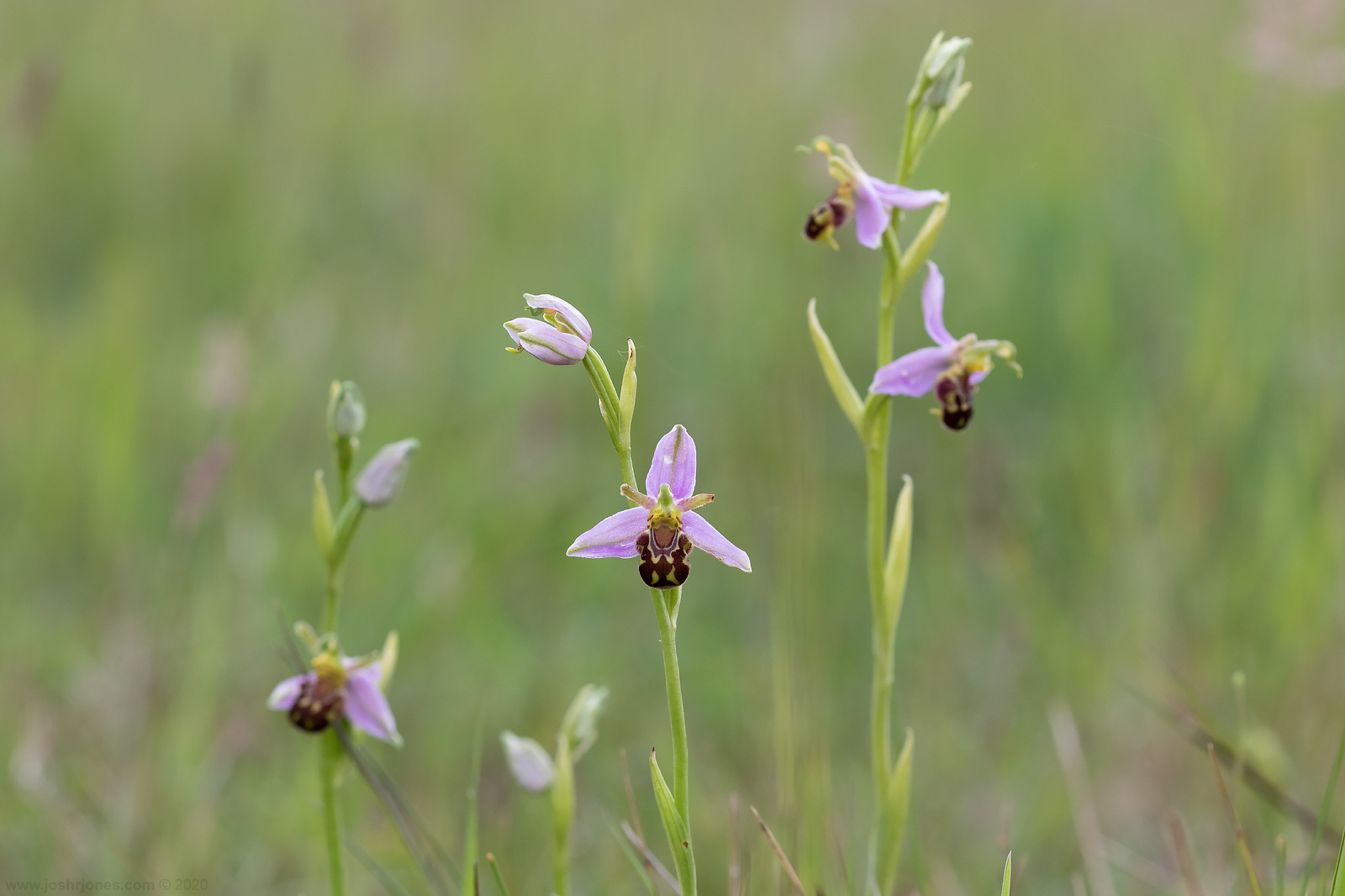
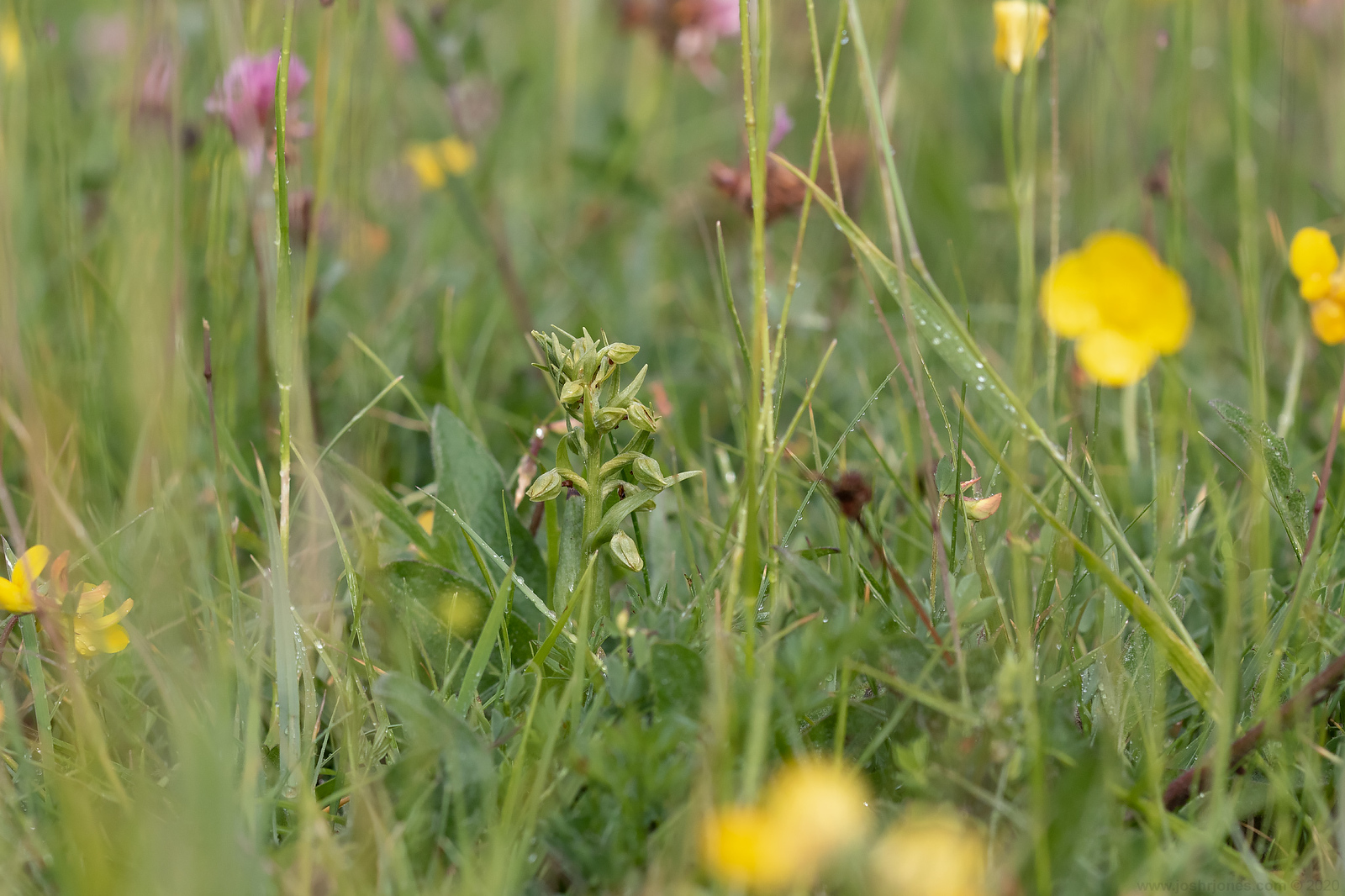
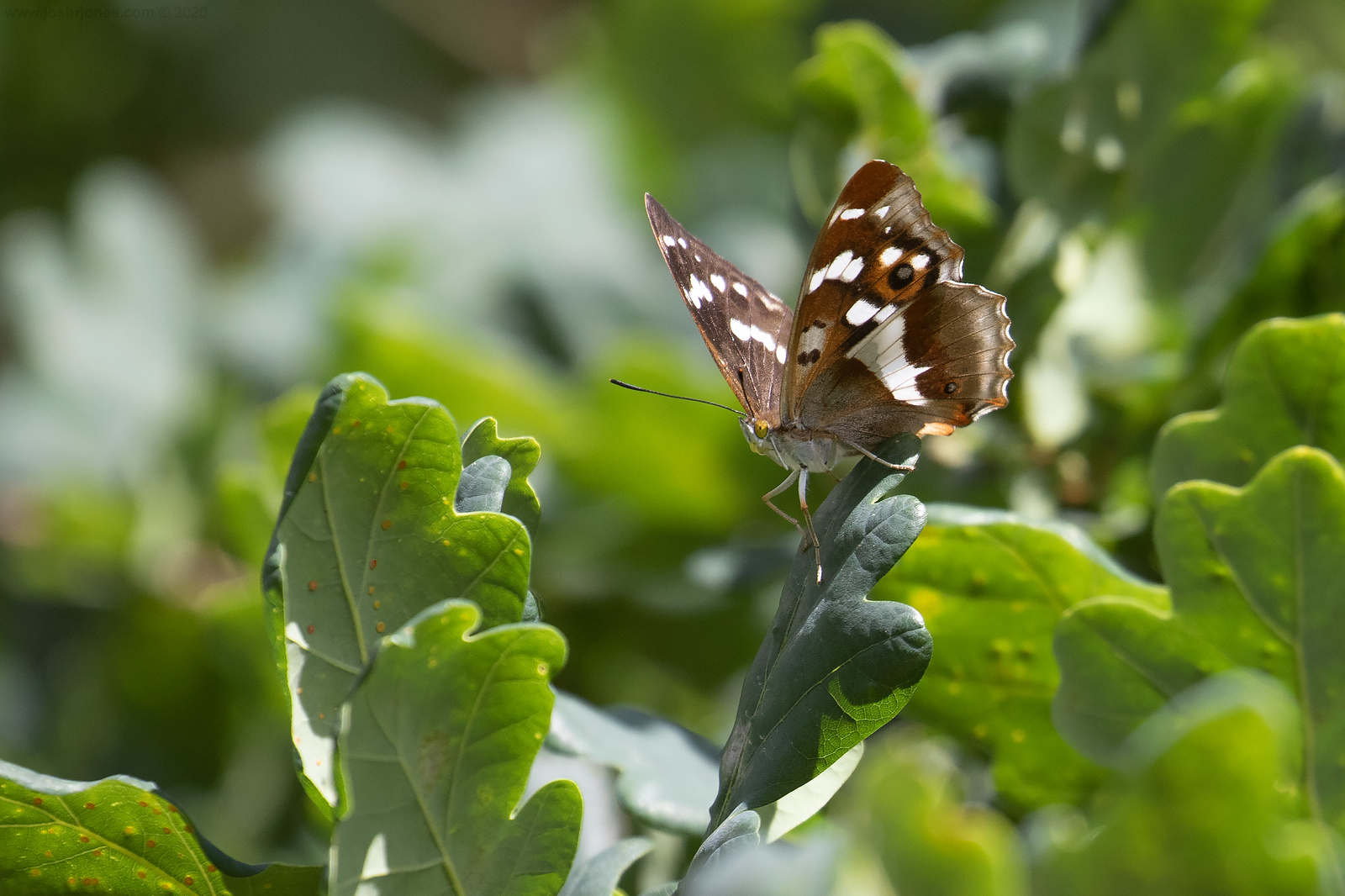
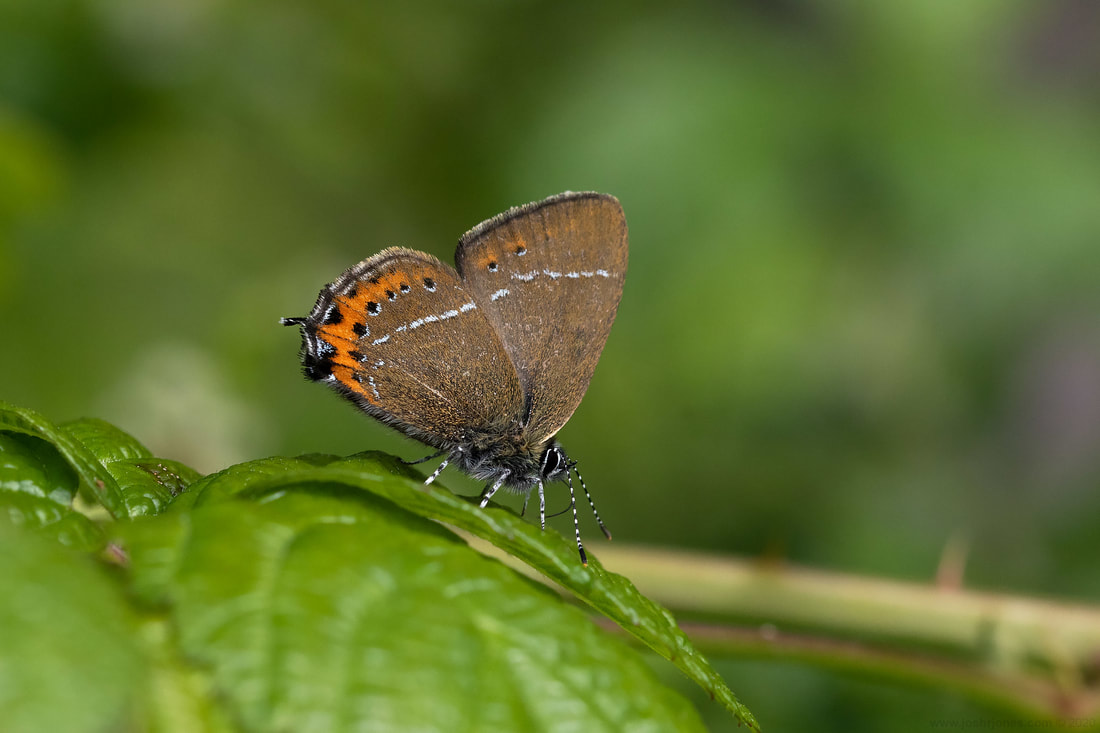
 RSS Feed
RSS Feed